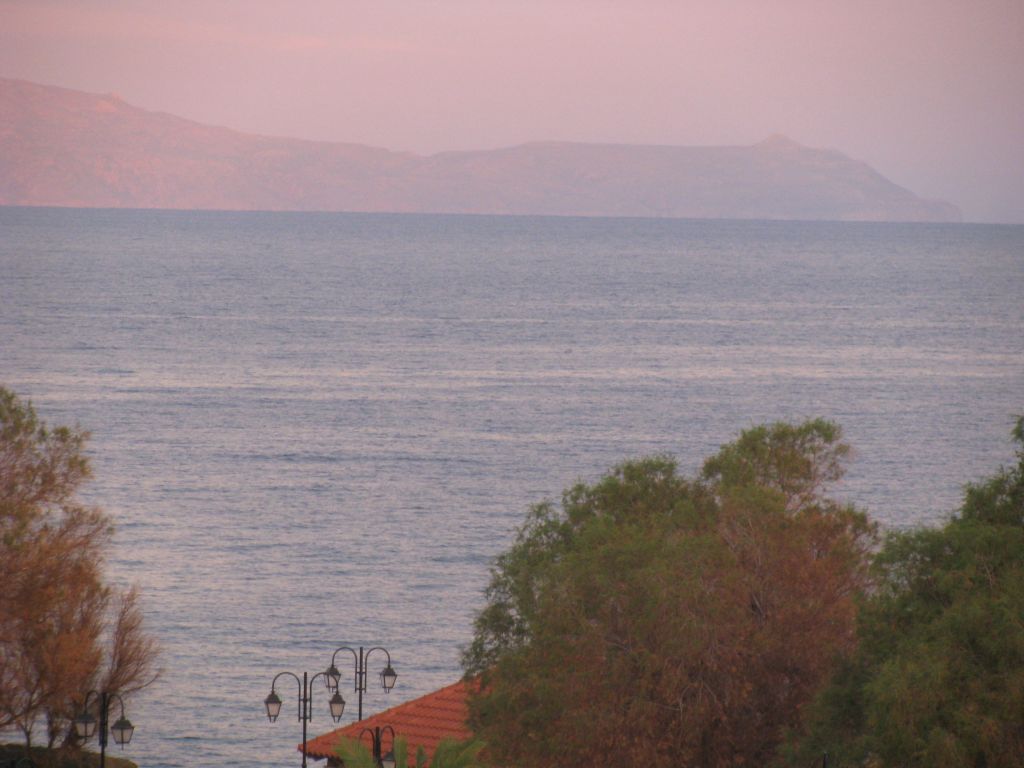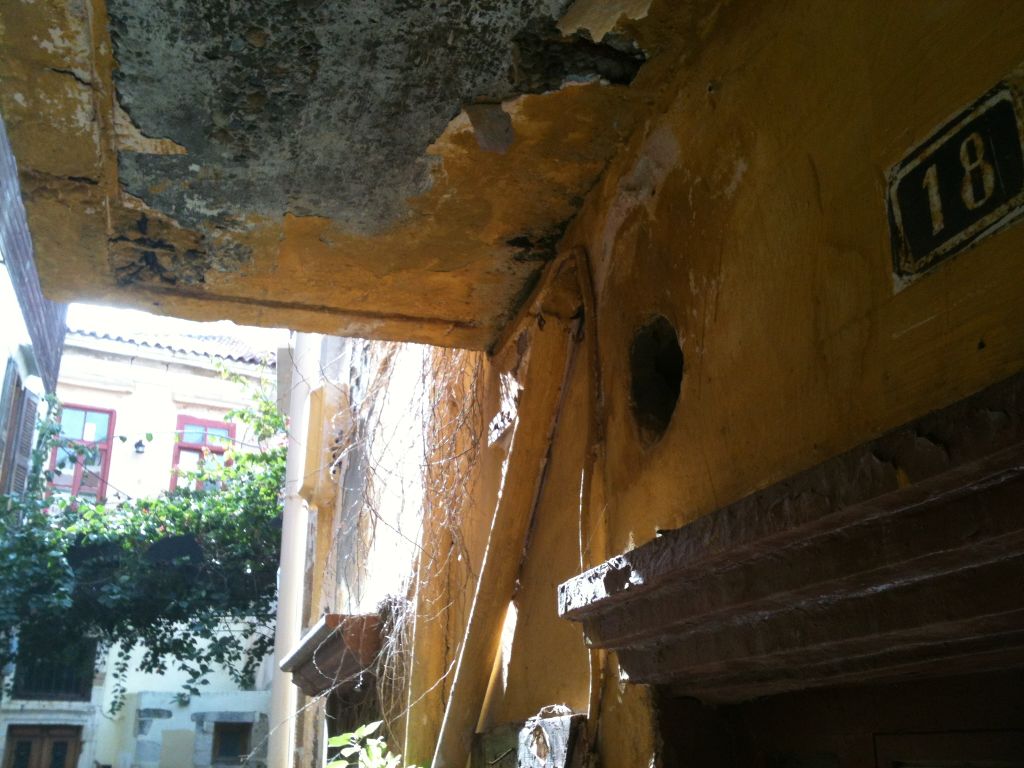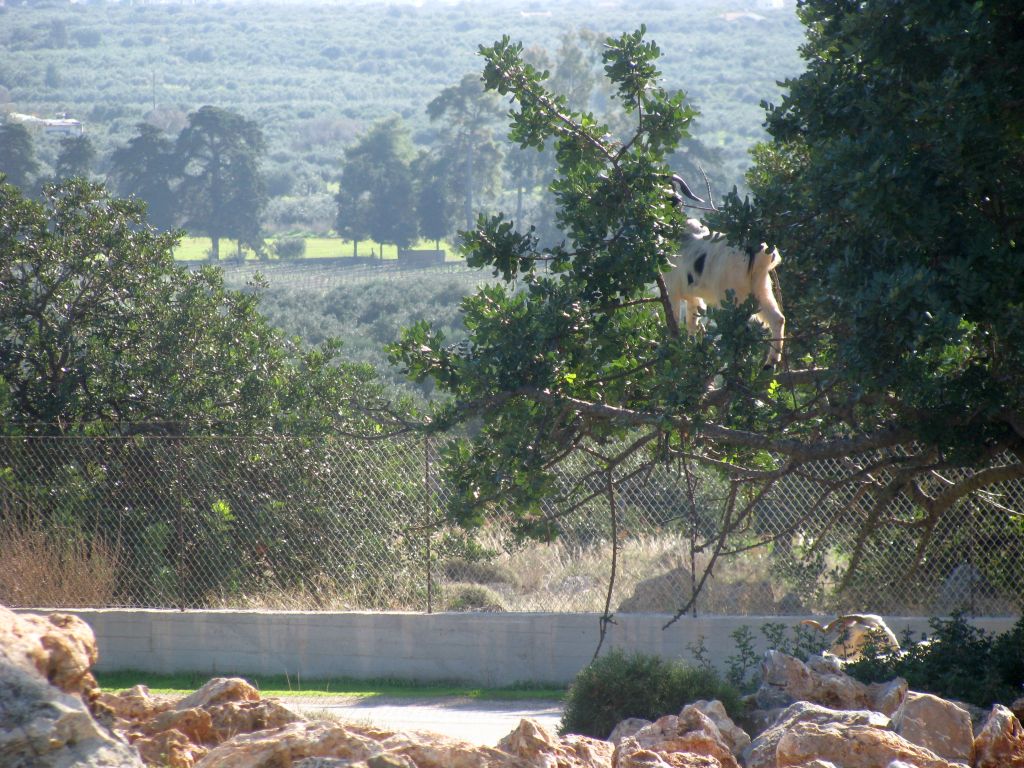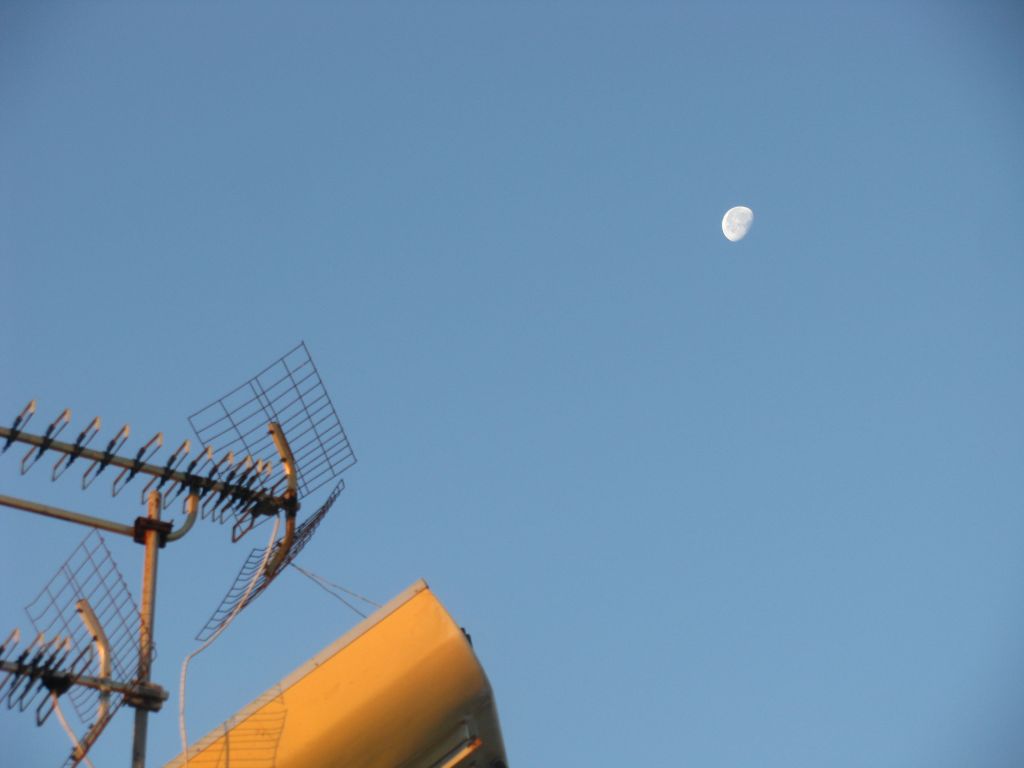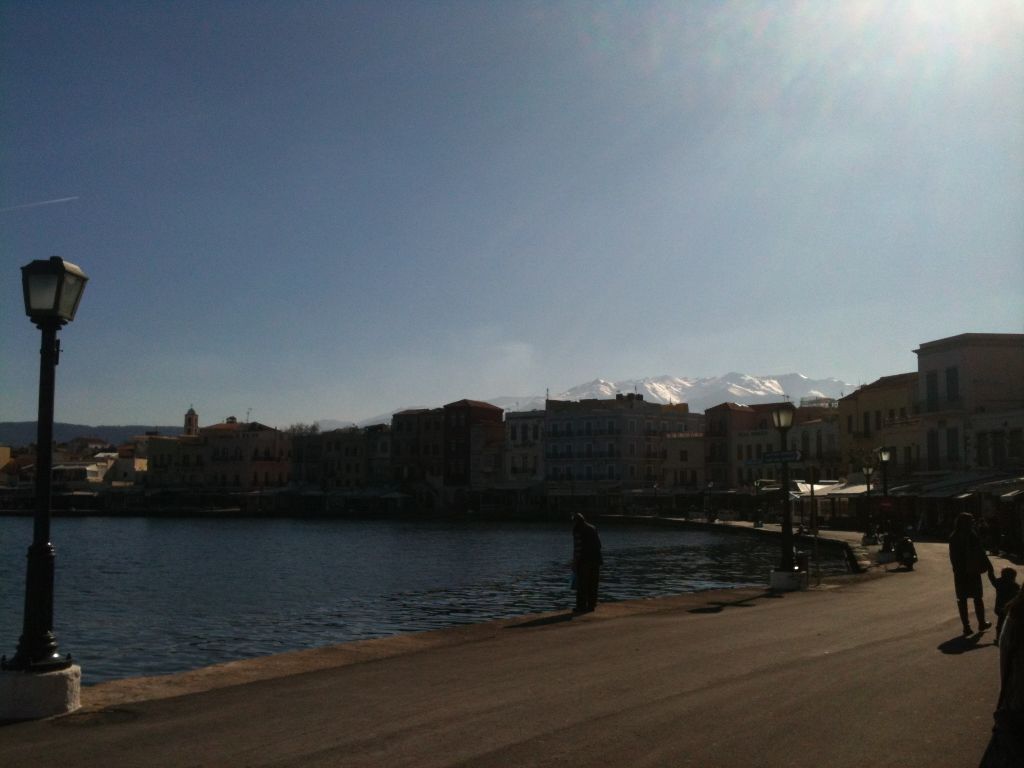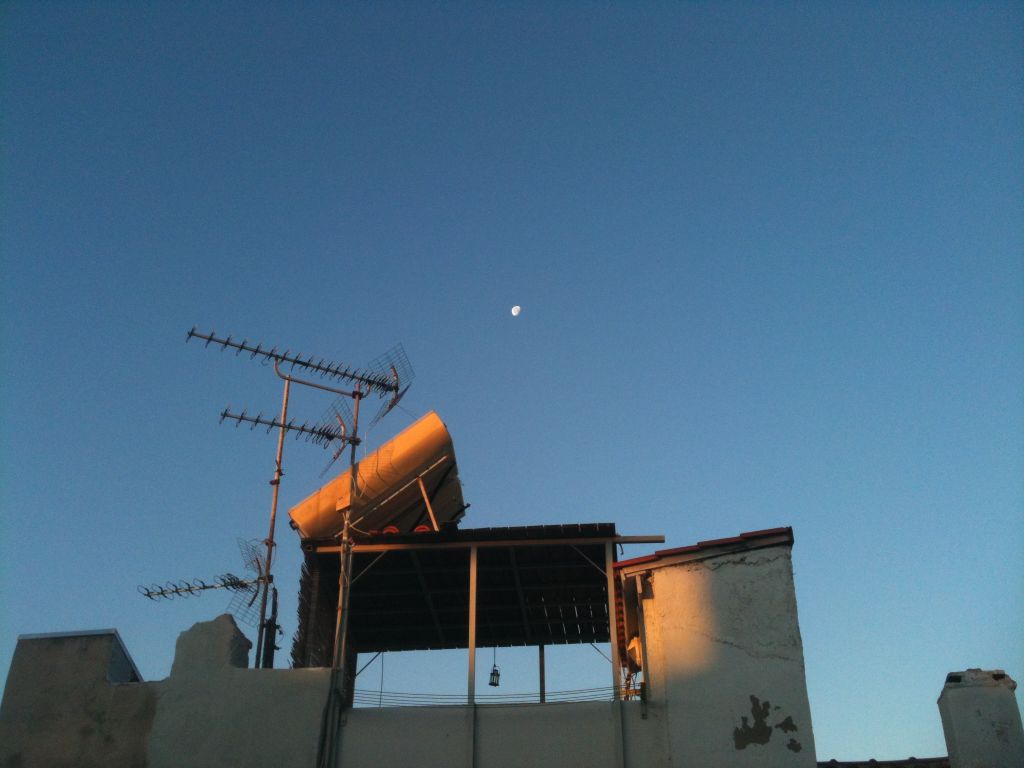Editor’s Note: This is another in a series of sound-rich portraits of European cities and sites. In this episode, I head to Greece. First a visit to Athens, and then to the island of Crete and the port city of Chania. Greece is much more than media reports portray; its history and pride are still evident. Two slideshows included.
The weight of the unknown, the false expectation, is probably heaviest on the airplane, just before leaving Zurich for Athens. In these cramped seats one is unsure if the experience in Athens will be that of a visit to one of the world’s oldest, and grandest cities; or to one in distress, now the punchline to stories about debt and crisis. Or perhaps it is something in between. Here is my visit to Greece.
MUSIC: “Waterfall” by Joseph Patrick Moore
In truth I am not sure what I expected from Athens, the first leg of our Greek vacation. As often happens the media reports sent my mind into a frenzy—is it worth the risk to bring my family to a city which, according to the news, seems to be burning, constantly. It wasn’t.
The Athens metropolitan area is home to nearly 4 million people, a little less than my previous home of Phoenix. While Phoenix sprung up in earnest a few decades ago with the development of canals and air conditioning, Athens has been a hub for human activity and advancement for thousands of years.
What I expected to be chaotic streets filled with rage, were fairly typical European thoroughfares. This one just happened to wrap around the Acropolis, sitting like a ruinous city on a hill paying tribute to things and ideas long out of favor.
One must walk up stairs which criss cross the route toward the Acropolis, the plateau. Ruins are everywhere. One can’t help but think of the conversations which once happened here. Of the reverence people showed, and the effort taken. In this dispatch, meant more to give a sense of place , I can’t do justice the history emanating from this place. I can’t explain the history behind columns standing like oak trees guarding a forest of statues, myths and gods. I can’t relay where exactly sacrifices were performed on now smooth rock surrounding the Parthenon, or which mythic battles were illustrated in stone and gold. I can’t do justice in describing a certain grace in the “Porch of the Maidens,” four columns carved into women standing as part of a tribute to the legend of Athens, so named when Athena gifted the city an olive tree, beating Poseidon who gifted a spring.
At what remains of Zeus’s temple, there is no sense of the debt crisis, or panic, or complicated financial products. The few remaining columns for Zeus in the shadow of the Acropolis show an aging place, but a proud one. The Greeks I met and spoke with candidly were not enraged, but disappointed in their leadership. They were not defeated. Greeks are proud, and kind, but ready, I think, for the pain of austerity to be over.
About an hour from Athens is the island of Crete. Full of mythology itself this island resembles southern California in brush, hills, and colors. But out the bus windows the royal blue Sea of Crete is clearly unique, contrasted with tall, snow-capped mountains on the horizon.
We chose to stay in Chania, a port city in western Crete. It is authentic, slightly tourist-driven, but better than the nearby resorts. Its streets were narrow, and cobblestoned. Buildings were colorful. A lighthouse stood at the opening of the old town harbor, just near our bed and breakfast.
Of course the sea, and the beaches were highlights of a trip to an ancient island. Our visit was in Winter, so the weather was temperate but not warm. We could take our time among locals. Just what we like on these trips.
Near the airport fighter jets disturb an otherwise quiet roadway. My troupe decided to brave a part of the island by foot—we live in Switzerland after all, and we have come to enjoy hiking. We followed roads toward two Greek Orthodox monasteries.
As monasteries often are, the first one we visited was quiet, and peaceful. It sat near an orchard of olive trees, flush with birds and seemingly wild pigs. On our way to the second monastery, into the coastal foothills, we came across goats in trees. Goats. In trees.
To travel to Greece, to Athens and Crete, is an experience I never considered as probable. Much of our perspective in Europe is still informed by our sense of purpose—we are here to work, and to live. But with Greece, we finally took advantage to our proximity to ancient lands, pictures of which have long educated us. But now we have memories, and mementos, of our walk through these European streets.
MUSIC: “Weltreise” by Schiller
More information on the music in this piece:
Joseph Patrick Moore from the album “Decade 1996-2005”
Schiller from the album “Voyage”



















